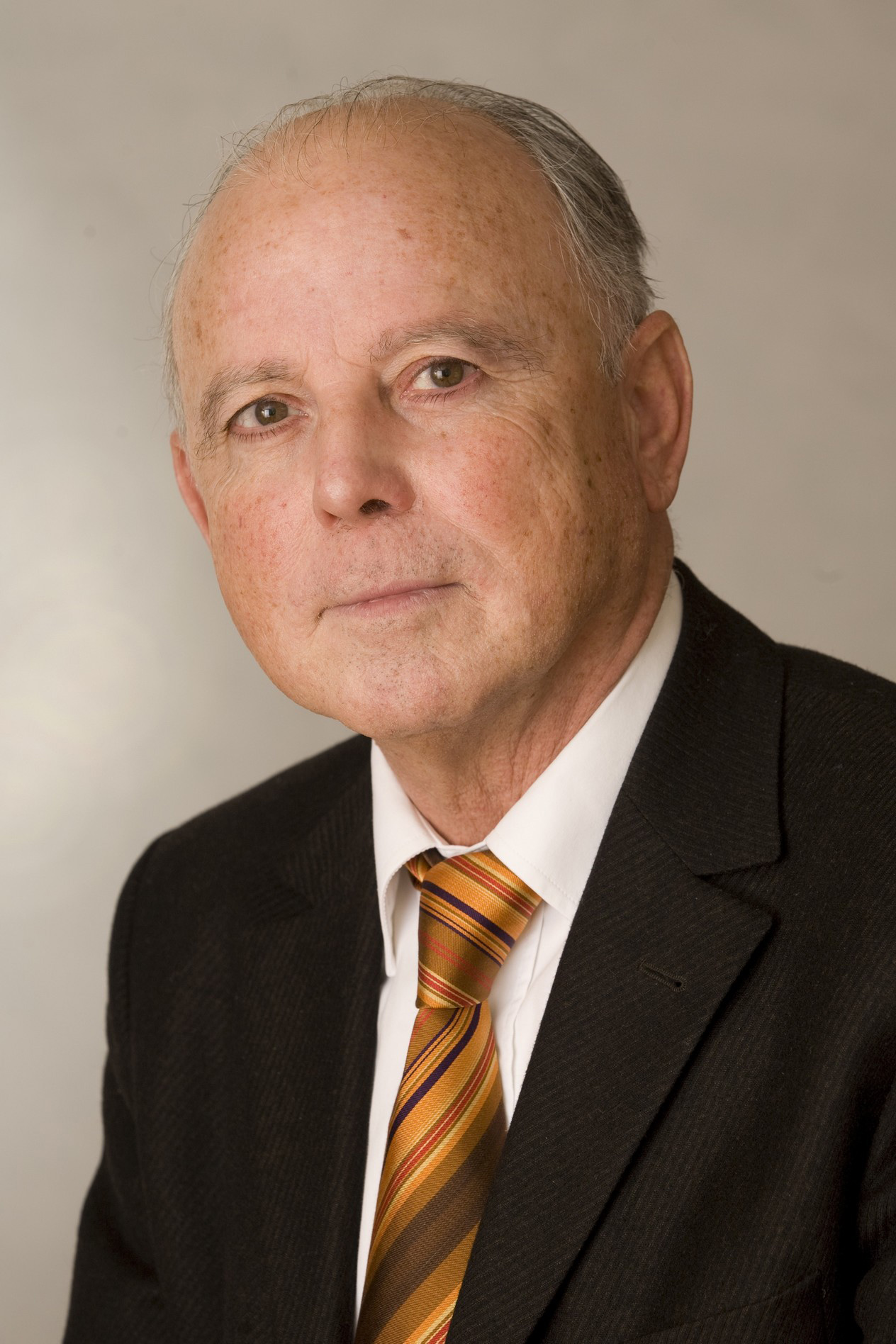In a decision rendered on 12 December 2012, the French competition authority (Autorité de la concurrence, hereinafter ‘ADLC’) imposed a €900,000 fine on the upscale consumer electronics manufacturer Bang et Olufsen (representing 5% of its sales in France!) for having prohibited its selected distributors from marketing its products online.
The ruling comes in the wake of the Pierre Fabre Cosmétique saga, which culminated, on 13 October 2011, in a European Court of Justice decision holding, like the ADLC before it, that such a ban constituted an actionable anticompetitive practice.
However, the ADLC’s decision seems debatable on two grounds:
- First, before making its ruling, the ADLC could have waited (bearing in mind the abnormally long duration of the examination of the case) for the Paris Court of Appeals to hand down its decision in the Pierre Fabre Cosmétique case, pursuant to the European Court of Justice’s opinion (cf. Newsletter No. 59 – November 2011).
- Secondly, the ADLC should not have focused solely on the economic context of the relations between Bang et Olufsen and its approved distributors, which involve goods that are difficult to market online because they are both very technical and thus require substantial services (i.e. onsite advice at a physical point of sale) and very expensive (the launching of a site requiring an investment of roughly €350,000) and thus of interest only to a limited range of customers (though it appears, quite curiously, that Bang et Olufsen had not put forward any objective justification for the ban against online selling and had merely asserted that it had not banned this type of selling); the ADLC should have also examined Bang et Olufsen’s position on the very competitive consumer electronics market, which does not seem to have been significantly impacted by the company’s ban against selling its products online (the ADLC even noted that Bang et Olufsen’s competitors who allow online selling enjoy a competitive advantage by doing so).
Suppliers of selective distribution networks who are concerned about their products being marketed online will now have to take heed of the ADLC’s undiscriminating position and put off plans to impose any such ban in the hopes that the Paris Court of Appeal’s upcoming decision will provide a judge-made solution that is more consistent with (i) the letter and spirit of the law, which allows for restraints on competition under certain conditions and (ii) the reality of the economic context, which in fact seems to meet those conditions.
Didier Ferrier, agency, distribution and franchising Country Expert for France.
